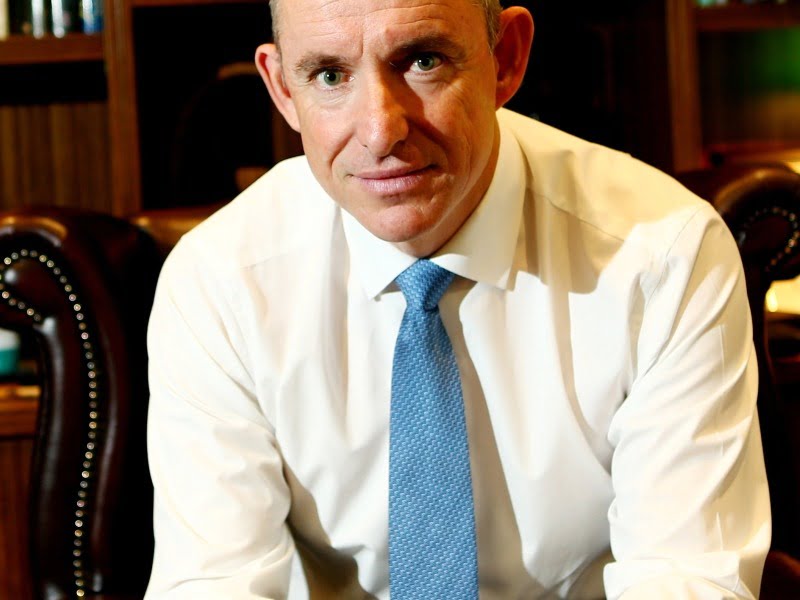Less than a third of the funding from the Coalition’s flagship $1.6 billion research commercialisation accelerator program will make it to universities in the next five years, with most of the financial support allocated beyond the forward estimates.
The detail was revealed Thursday as the government introduced legislation to enable the grants program, which will see ministers have final say on which research projects receive up to $5.5 million in funding.
The revelations take the wind out of the $2.2 billion package announcement made by Prime Minister Scott Morrison earlier this month and will raise concerns in the academic community still reeling from government interference in research funding late last year.

A University Research Commercialisation Action Plan was not released until the day after the announcement confirmed the $2.2 billion package would be stretched over more than a decade.
Most of the funding is going to a $1.6 billion Australia’s Economic Accelerator program to support university research with commercial potential with staged funding.
Department of Education officials told a Senate Estimates hearing on Thursday that only $500 million of the $1.6 billion flagship accelerator program will be released in the next five years.
Only about half of the overall $2.2 billion package – which also includes a boost for CSIRO’s Main Sequence Ventures program, a Trailblazers program for universities, and more industry-focused PhDs and fellowships — will be delivered over the forward estimates, officials said.
The remaining funds will be released over the next half decade, with one to two per cent allocated for running the program.
Education department officials said the slow roll out was also part of the three-stage approach to funding research under the Australia’s Economic Accelerator program, with initial grants being for $500,000 and the $5 million grants only awarded after projects had demonstrated commercial potential.
The introduction of a bill to enable the program has also revealed government ministers will ultimately decide which projects receive the funding.
The Higher Education Support Amendment (Australia’s Economic Accelerator) Bill 2022 introduced Thursday shows the minister will appoint an advisory board made up of representatives from government, industry and research sectors for the new accelerator program. Members will advise the minister, who will be the decision maker for grants.
The bill was circulated by acting Education minister Stuart Robert, who last year vetoed funding for humanities projects he personally deemed not in the national interest after they had been endorsed by the independent Australian Research Council and its expert assessors.
Do you know more? Contact James Riley via Email.

